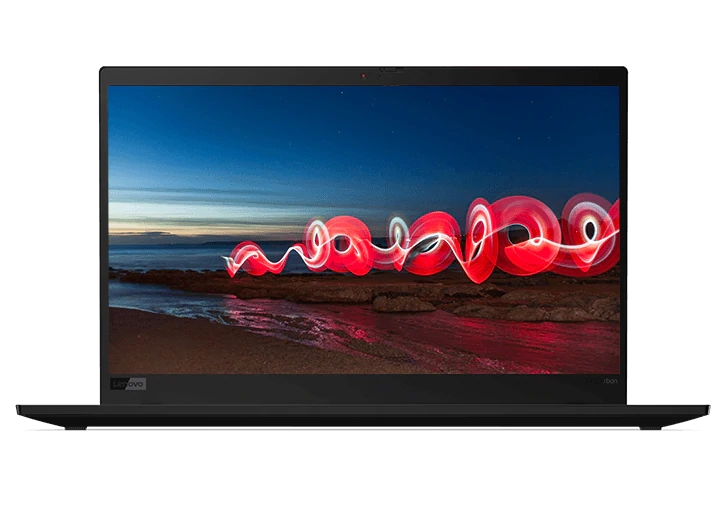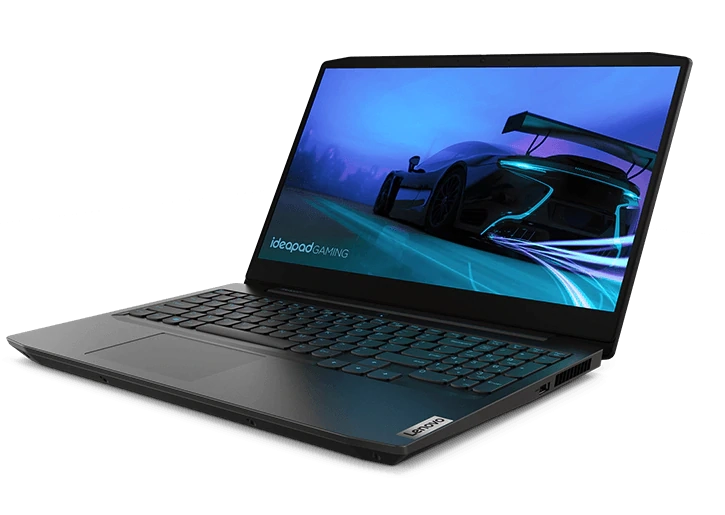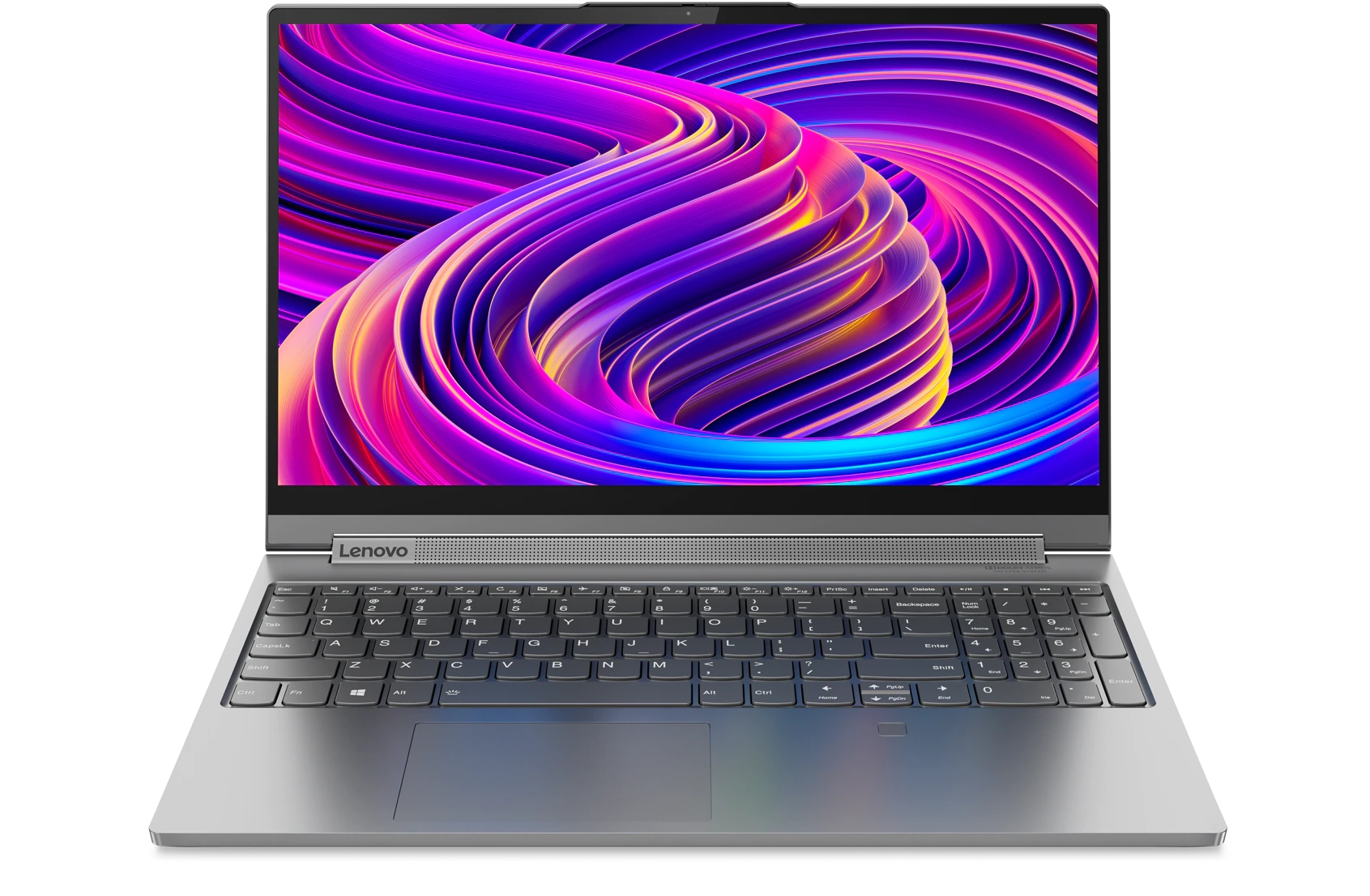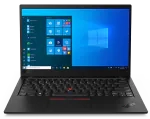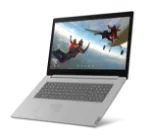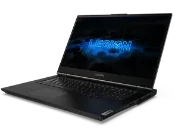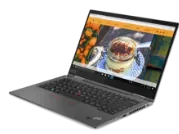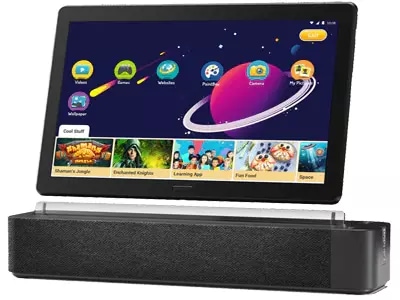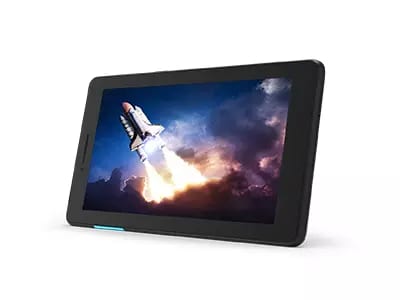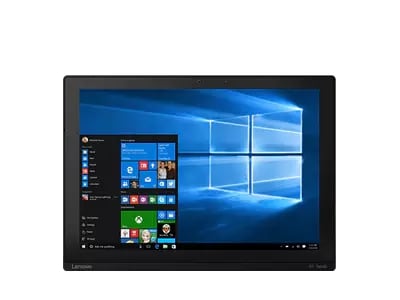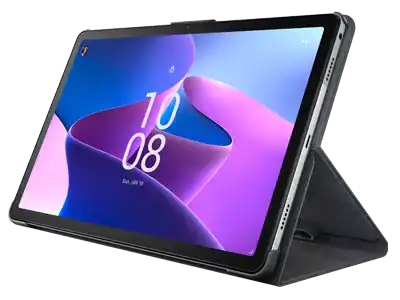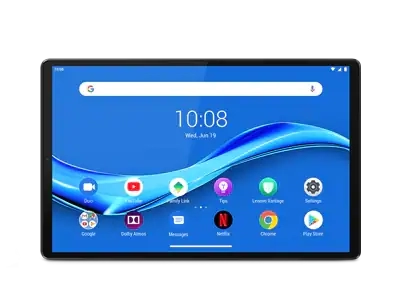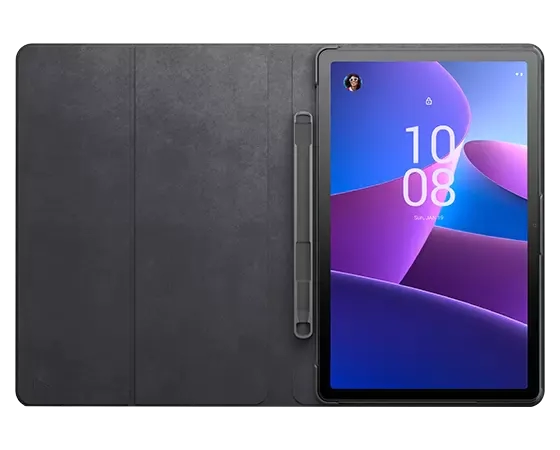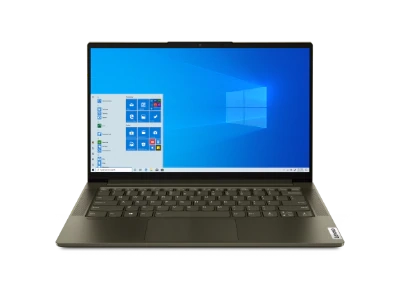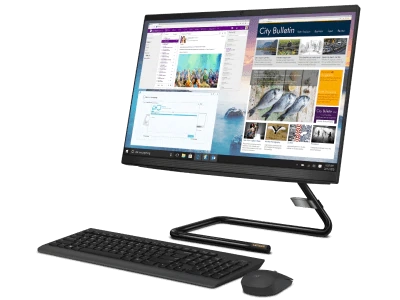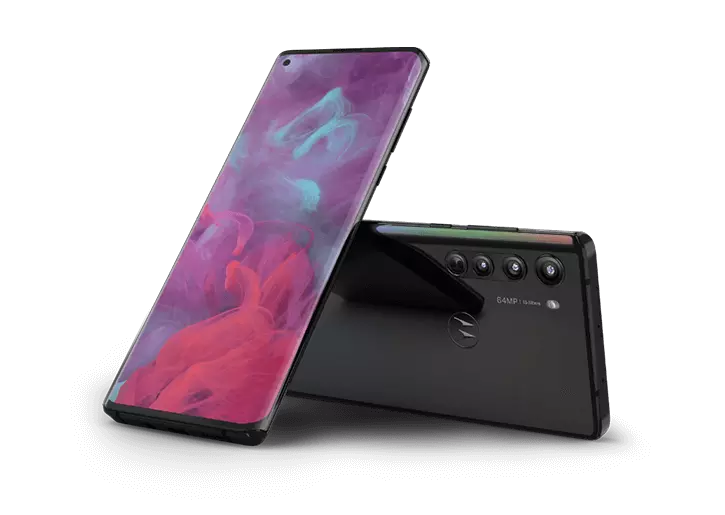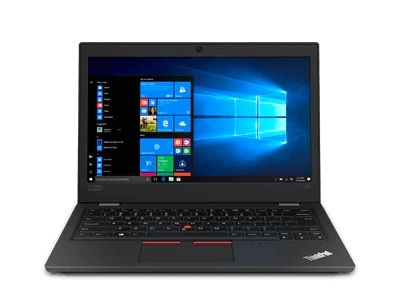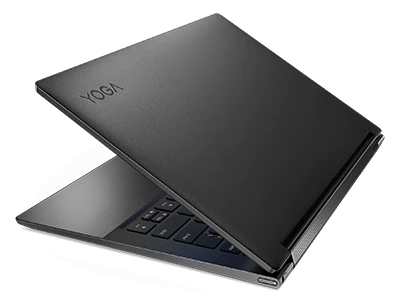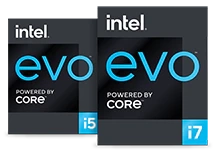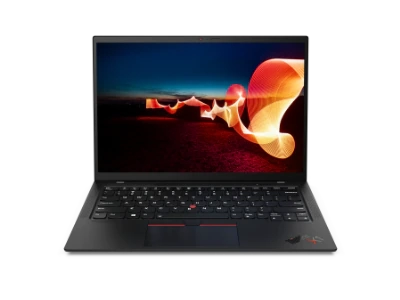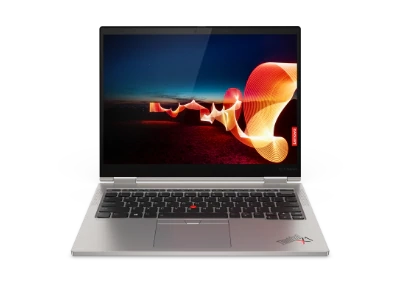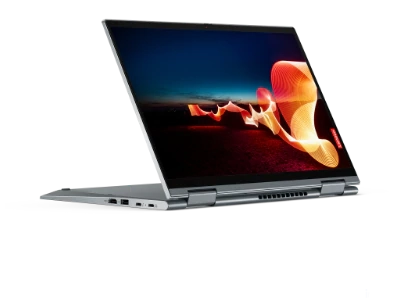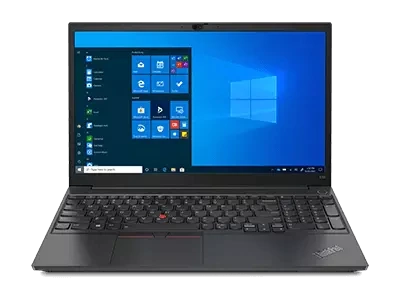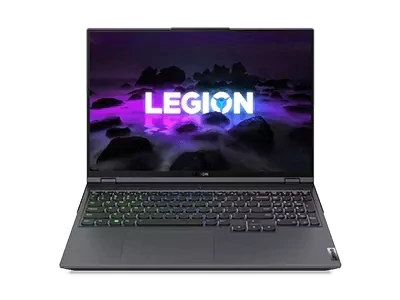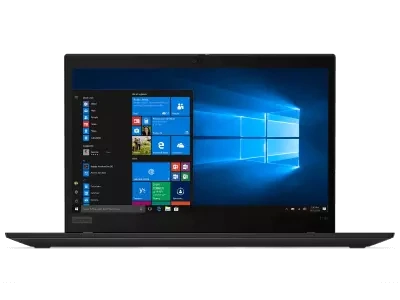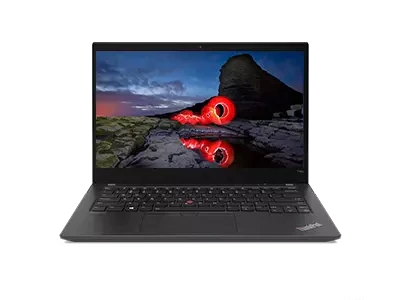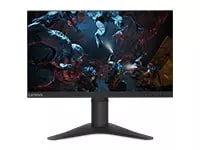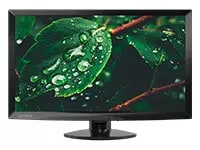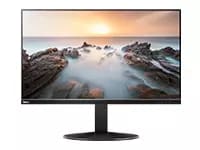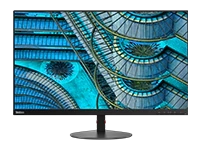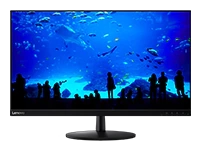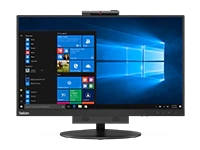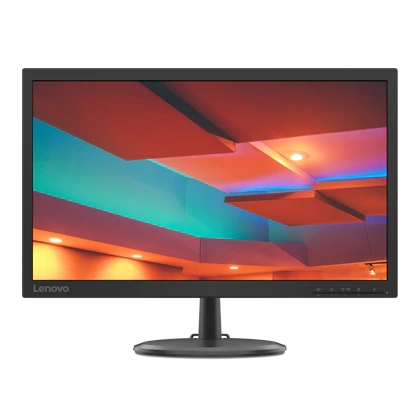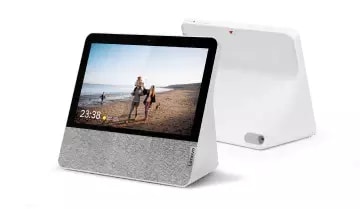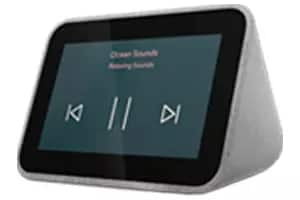Parent's Guide on How to Find the Best Laptop for College
So your kid is heading off to college—congrats! By now you’re probably racing through the lists of things they’ll need while away from home: Food, clothing, dorm room essentials (yes, childhood teddy bears count!), etc. Before you get too carried away at your nearest IKEA or Costco, don’t forget the most important item of all—a laptop.
Whether you’re upgrading from their old high school computer, or buying their first student laptop, choosing the right one can make a big difference in the educational experience. Needing the ability to handle online research, collaboration with peers, creating multimedia projects —not to mention all of the recreational options it has, a student’s laptop might just be the most important tool in their college survival kit.
What should you be looking for in a student laptop?
With all the options out there, it can be tough to figure out what’s a must-have feature vs. what’s a nice-to-have. We’ve broken it all down into seven key topics, so you can ace your “Best laptop for a college student” exam! (Just kidding—there’s no exam.)
1. Power
When it comes to PCs, the amount of computing power a machine has relates to what it’s capable of doing (i.e. running specific software, handling multiple tasks simultaneously), and how fast it can do it. The CPU (Central Processing Unit) – or simply, “the processor” – is the internal component that gives a laptop its power. If you’ve ever heard people use buzzwords like “Intel Inside,” “dual-cores,” or “Core i7,” these all refer to CPUs. Though there are some other considerations, like the amount of on-board memory or the use of SSDs (solid-state drives), generally speaking, the CPU speed is the single biggest factor when it comes to power. The faster the CPU, or the higher the GHz, the more expensive it can be. Just like driving a fast sports car or a minivan, you can definitely notice the difference.
Of course, sometimes a minivan is fast enough for your needs, so spending more to buy a sports car just doesn’t make sense. The same holds true for laptops. Some students only need to surf the web, watch the occasional YouTube video, create documents, and do Skype video calls with family and friends back home. For these students, an inexpensive laptop with an Intel Core i3 processor or equivalent is plenty powerful enough.
On the other hand, if your student is just as likely to be found neck-deep in an online multiplayer game like Fortnite, or Overwatch, as s/he is to be working on their physics PhD dissertation, you should probably be looking at a laptop that can keep up. A laptop with the latest 10th generation Intel Core i9 processor is a genuinely ferocious machine that should be more than a match for whatever your kid throws at it. We should also point out that discrete graphics (an extra processor inside the laptop that just handles what you see on the screen) is quickly becoming as important as the CPU. Discrete graphics share the computing burden with the main processor, making the whole machine faster when it comes to gaming, video editing, or any other graphics-intensive activities.
For power, check out Lenovo IdeaPads - these laptops are affordable, and feature the latest processors for ample power to handle whatever your professor throws your way.
2. Durability
Your student’s laptop is going to have to survive some pretty tough conditions. Unlike laptops that are primarily used for business, your kid’s machine is going to go with them everywhere and be used for just about everything. Classroom? Of course. Dorm room? Definitely. But also, every place in between, from the college lawn, to the local Starbucks, to the cramped seats of a campus bus – and probably a few places we haven’t even thought of. They’re going to need a laptop that’s built to withstand a bit more than casual typing, which is why laptop durability is such an important consideration.
When shopping for a student laptop, look beyond the specs and feature lists and consider how it’s built. Is the hinge going to be durable enough to withstand constant opening and closing? If it’s a 2 in 1, will that hinge be able to support the laptop in a variety of positions without loosening? Does the keyboard feel sturdy, or does it rattle when you type on it? If you open the screen from the front edge, does it flex, or is it firm? These are all areas of potential weakness, and a poorly made laptop will experience a failure of one or more of them, long before the internal components become obsolete.
If durability is a key issue for you, you’ll be interested to know that our ThinkPad line of laptops go through military grade testing, and can more than stand up to the worst college can throw at your student.
3. Weight & Portability
There can be a substantial difference in the weight of laptops, from under two pounds, to well over 17 pounds. When picking a laptop for your student, the goal should be to find the lightest machine that still meets their needs. That may sound fairly straightforward, but things get a little more complicated when you start to take into consideration things like battery life, screen size, form factor, and performance.
Here are some general guidelines to keep in mind:
Bigger is bigger. It goes without saying that the bigger the laptop screen, the heavier the laptop. There are a few exceptions to this rule, but generally speaking, if you take two laptops of equivalent power with equivalent features, the one with the bigger screen will weigh more. Sometimes the tradeoff is worth it, especially if your student expects their laptop to replace all the features of a desktop computer.
The more powerful a machine—say a laptop that’s built for gaming—the greater its electricity demands, and therefore the bigger its battery will be. So, a 15-inch gaming laptop will weigh more than a 15-inch model that’s designed for more casual computing.
Larger storage also means more weight. Spinning disk hard drives can store way more data than SSDs and cost a lot less, too, but these hard drives also weigh more. If you really want to shed some pounds, you’ll have to compromise on internal storage. You can always supplement with an external USB drive to add more storage, so you’re never completely stuck if you need more room. Check out some other top computer accessories for students.
However, if all you’re looking for is a truly lightweight option for portability, check out Lenovo Chromebooks.
4. Battery life
It doesn’t matter how great your laptop is if it runs out of power when you need it most. That’s why battery life is a top consideration for student laptops.
While battery life is improving as technology advances, not all laptops can run all day on a single charge. The more powerful your machine, the larger the screen, the bigger the hard drive, and the more ports it has, the greater the drain on its batteries. Using a laptop for high-performance activities like online gaming or engineering applications will reduce battery life even further.
Much like with the weight of a laptop, the goal here is to maximize battery life while keeping in mind what your student needs most out of their computer. If it turns out that being able to stay unplugged is what your kid values most, we’ve got good news: There are many laptops that can deliver this level of electrical independence and still provide the kind of computing power they need, such as the ThinkPad T Series.
5. 2 in 1 Functionality
If you’ve been putting off a decision on buying a new laptop for your student because you’re not sure if they’ll need a tablet as well, it’s time to take a look at 2 in 1 laptops. These machines are relatively new to the laptop market, but are rapidly gaining in popularity, thanks to their unique ability to blend the best features of both a traditional laptop and a tablet into a single device. When sitting on a surface with its screen angled away from you, a 2 in 1 looks and works just like a regular laptop. Flip the screen all the way around by its 360-degree hinge, and it morphs into a touchscreen tablet that you can navigate with your choice of a finger or a stylus pen.
2 in 1 laptops are ideally suited to students who prefer to take notes using handwriting, or who need to sketch out designs. If your student is enrolled in an arts program, the benefits of a 2 in 1 are obvious, but an increasing number of applied science programs like architecture and mechanical engineering can take advantage of a 2 in 1’s tablet features, too.
If a 2 in 1 is needed, look no further than the Lenovo Yoga computers for the best of both worlds.
6. Windows 10 compatibility
Buying a laptop running Windows 10 means you’ll be running the world’s most powerful operating system, with hundreds of thousands of apps at your fingertips. The OS is designed for speed, security and usability, meaning you’ll get the best in user experience. Windows 10 also includes touchscreen capabilities for laptops equipped with those displays.
With options ranging from value-priced machines to top-of-the-line gaming systems, there’s a Lenovo Windows 10 laptop for every budget and need. And with more than half of computers around the world running Windows 10, you’ll never have a problem finding the software to meet your needs.
7. Remote-learning ready
Online instruction has been growing in popularity in recent years as students work to incorporate the classroom into their busy lives, and everyone was hit with an unexpected shock in Spring 2020 when colleges around the country went to an online-only format. It’s difficult to predict how instruction will be delivered in the future but having the right equipment can make remote learning a breeze. Whether students opt for online classes out of convenience or necessity, it’s important to have a laptop that’s up to the task.
Along with the ability to handle basic computer chores laptops need to be able to handle all the accessories required for distance education, including webcams, printers, speakers, headsets and more.
We know that choosing a laptop for your college student can be almost as stressful as choosing a college! But don’t panic… just follow the seven areas we’ve outlined above and talk to your student about the features they’ll use the most. Whether you decide on a full-blown gaming laptop that combines serious work with serious play, or a model that favors portability over power, we’ve got a Lenovo laptop that will go wherever your student’s studies take them, and beyond.


Limits: Orders limited to 5 computers per customer. For larger quantities, go to the “Where to Buy” section of the website for details of resellers and retailers of Lenovo products
Offerings and Availability: All offers subject to availability. Offers, prices, specifications and availability may change without notice. Product offerings and specifications advertised on this website may be changed at any time and without notice. Models pictured are for illustration purposes only. Lenovo is not responsible for photographic or typographic errors..
PCs shown here are shipped with an operating system.
Prices: Web prices advertised include VAT. Prices and offers in the cart are subject to change until the order is submitted. *Pricing - savings referenced off regular Lenovo web prices. Reseller prices may differ from those advertised here.
**Battery: These systems do not support batteries that are not genuine Lenovo-made or authorised. Systems will continue to boot, but may not charge unauthorised batteries. Lenovo has no responsibility for the performance or safety of unauthorised batteries, and provides no warranties for failures or damage arising out of their use. **Battery life is based on the MobileMark® 2014 methodology and is an estimated maximum. Actual battery life may vary based on many factors, including screen brightness, active applications, features, power management settings, battery age and conditioning, and other customer preferences.
Finance is provided by Duologi. Duologi is the trading name of Specialist Lending Ltd.
General: Review key information provided by Microsoft® that may apply to your system purchase, including details on Windows 10, Windows 8, Windows 7, and potential upgrades/downgrades. Lenovo makes no representation or warranty regarding third-party products or services.
Trademarks: Lenovo, ThinkPad, IdeaPad, ThinkCentre, ThinkStation and the Lenovo logo are trademarks of Lenovo. Microsoft, Windows, Windows NT, and the Windows logo are trademarks of Microsoft Corporation. Ultrabook, Celeron, Celeron Inside, Core Inside, Intel, Intel Logo, Intel Atom, Intel Atom Inside, Intel Core, Intel Inside, Intel Inside Logo, Intel vPro, Itanium, Itanium Inside, Pentium, Pentium Inside, vPro Inside, Xeon, Xeon Phi, Xeon Inside, and Intel Optane are trademarks of Intel Corporation or its subsidiaries in the U.S. and/or other countries.© 2023 Advanced Micro Devices, Inc. All rights reserved. AMD, the AMD Arrow logo, Athlon, EPYC, FreeSync, Ryzen, Radeon, Threadripper and combinations thereof are trademarks of Advanced Micro Devices, Inc. Other company, product or service names may be trademarks or service marks of others.
